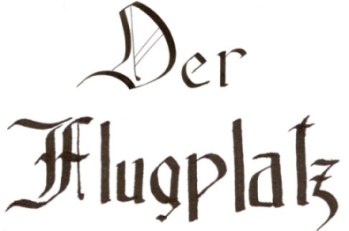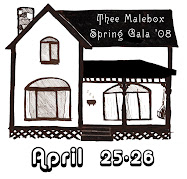After much thought and discussion with Amy, I can safely say that The Golden Compass was the worst movie I saw in 2007. My interest in and opinion of this movie enjoyed quite the roller coaster ride, which ended up being far more enjoyable than sitting through the movie itself. I began with a low opinion when I first saw the gigantic banner at the Village Centre Cinemas this fall, and thought “Lame. More child-oriented fantasy schlock that somehow looks even cheaper and more derivative than the Harry Potters. And somehow Daniel Craig got roped in.”
A few weeks later I read an article on the books and coming movie in the
And then I read Joshua’s thoughts. While I don’t usually notice the same things he does in films, the overwhelmingly positive (and interesting) review was too much to resist. Amy and I saw it in
First off, Lyra’s character was embarrassingly unsympathetic for me. I just can’t handle the “sassy and defiant child hero/ine,” who always knows what’s best beyond her years, and is constantly flying in the face of authority to “teach them a lesson.” I don’t know if it’s the sheer annoyance of kids who are actually like that, but think that their rebellion against doing chores is a worthy cause, or the fact that bratty know-it-all kids being heroes is tired news in movies. Meh.
Josh’s review noted a number of ways that the movie inadvertently glorified Christian principles, which sounded like an interesting nugget lodged in an attempt to humiliate Christianity. I went into it knowing that I probably wouldn’t feel as strongly about these moments, but was prepared to look for them. When the credits rolled however I found myself not only lacking the conviction of themes seen, but flat out disagreeing with a few, specifically the line that, “all human beings are composed of dust and when humans die, they become dust again.” It was during the witch attack scene (?) that I realized that the human bodies were dying and lying cold, while the animal-soul vaporized into dust. To me, that spoke more of a direct connection between a man’s body dying and his soul vanishing into nothingness.
While we’re on the subject of witch attacks, it was moments like that that really ruined the movie for me. I really wouldn’t have minded if Jesus wasn’t jumping out of every character and situation if they had at least put together a show that didn’t feel like Eragon, that is, written by a 13-year old. Why did witches have to appear? Well, to defeat the crazy-ass Icelandic army that similarly came out of nowhere. And even if these leaps in the story remained, aesthetically the movie was one of the hardest for me to sit through. I thought the CGI was absolutely wretched compared to the Lord of the Rings trilogy. As with Narnia, I felt that the CGI just looked awful in lots of light. Peter Jackson’s films came off almost spotless because of the gloom and, of course, the forgotten arts of costume, makeup, and camera angles instead of CGI.


No comments:
Post a Comment